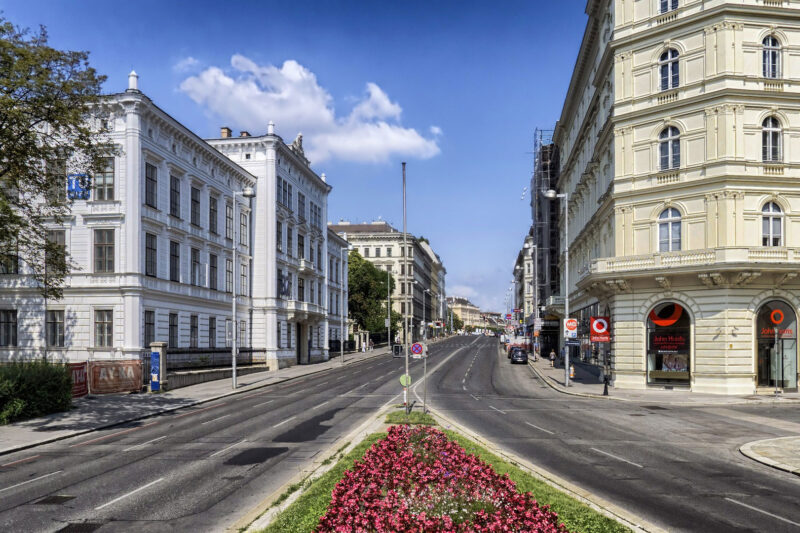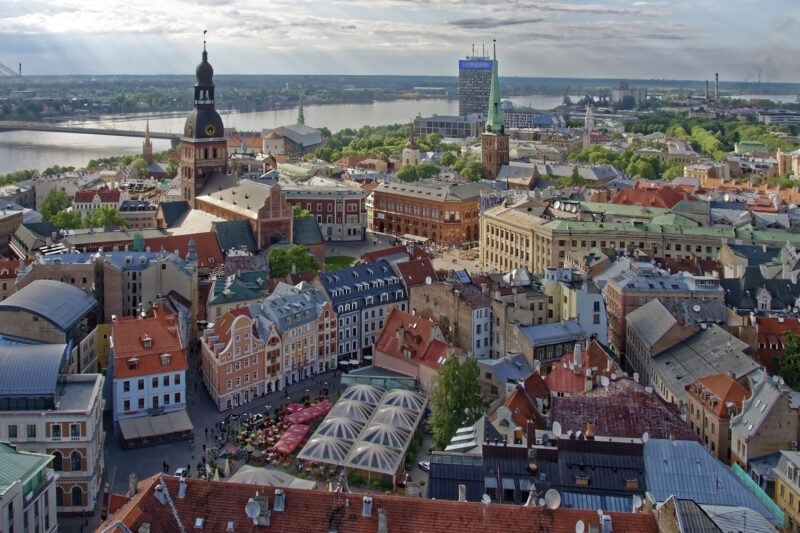Malta - An Overview
Geography and Climate
The Republic of Malta, located just 80 km south of Sicily in the Mediterranean Sea, consists of three islands. The climate is typically Mediterranean, characterized by minimal rainfall from March to October. Malta’s population exceeds 400,000, with English and Maltese as the official languages, and Italian also widely spoken.
Political Environment
Malta gained independence from Britain in 1964 and has been a republic since 1973. It operates as a democratic nation upholding the rule of law. Malta is a member of significant international organizations including the Council of Europe, the Schengen Area, the European Union, the Eurozone, and the International Monetary Fund.
Living in Malta
Malta boasts a robust infrastructural framework with efficient telecommunications, postal services, banking, and healthcare. Air Malta connects the island with 35 destinations primarily in Europe and the Mediterranean, and there are regular ferry links with Italy.
Integration is facilitated by the English-speaking population, as all official documents and business communications are in English. The University of Malta and numerous private English-speaking schools provide high-quality education, while Malta’s health services are among the best globally, ranking 5th by the World Health Organization.
The cost of living in Malta is generally lower than in many other European countries, allowing for a comfortable lifestyle at reduced expenses. The island’s pace of life is relaxed, particularly in Gozo, and the low crime rate ensures a safe environment for families. Locals are known for their hospitality, making the adjustment easier for newcomers.
Conducting Business in Malta
Malta has become a modern financial hub, actively attracting foreign investment with various incentives for international investors and entrepreneurs. The workforce is highly educated, English-speaking, and motivated. Incentives include low factory rents and favorable loan conditions. Malta’s strategic location and excellent trade relations further enhance its attractiveness for business.
Legal System
Despite its British colonial history, Malta’s legal system is codified rather than based on British common law. Civil law follows the Napoleonic Code, similar to French and Italian systems, while criminal law incorporates elements of British law, including jury trials for serious offenses. Recent legislative developments in environmental, financial, and company law reflect EU standards, aligning Malta’s laws with those of the EU.
Advantages of Malta
- Prominent banking center with major international banks.
- Strategic location in the Mediterranean.
- Efficient sea and air transport links.
- English-speaking environment.
- High standard of living.
Compass Services
Establishing yourself or your business in Malta involves building relationships with key partners such as government officials, bankers, and corporate professionals. Compass offers specialized services to assist with immigration and business relocation, providing valuable support in navigating Malta’s unique environment and regulatory landscape.



